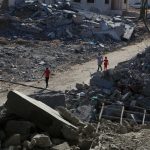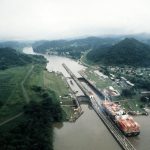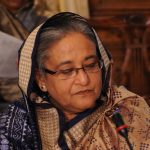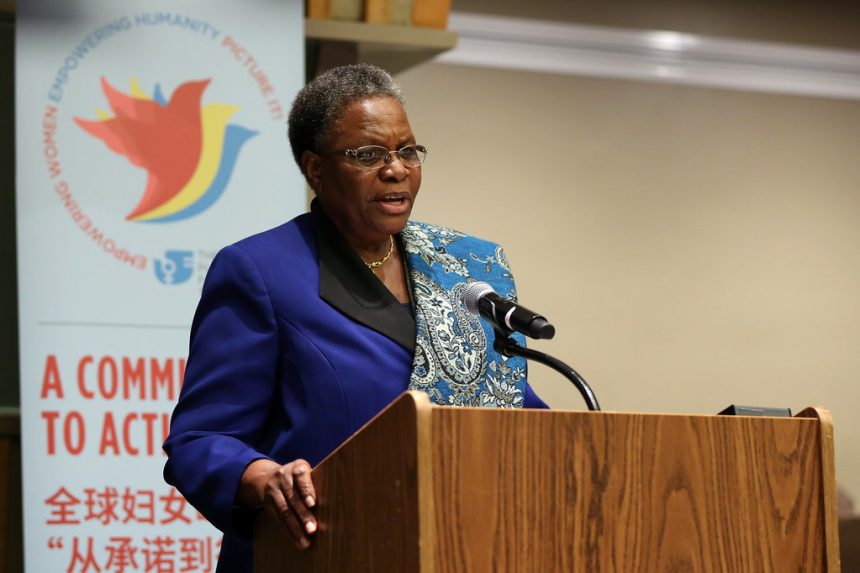In a historic election, Netumbo Nandi-Ndaitwah has been elected as Namibia’s first female president, marking a significant milestone in the nation’s political landscape.
Election Results and Political Context
Nandi-Ndaitwah, representing the ruling South West Africa People’s Organisation (SWAPO), secured approximately 57% of the vote, surpassing her closest rival, Panduleni Itula, who received about 26%. This victory extends SWAPO’s governance, which has been in place since Namibia’s independence in 1990. However, the party’s parliamentary presence has diminished, reflecting public dissatisfaction with economic stagnation and high unemployment rates.
Challenges and Opposition Response
The election process faced logistical challenges, including ballot shortages that led to extended voting hours—a move contested by opposition parties as unconstitutional. Opposition leaders have expressed intentions to legally challenge the election results, citing procedural irregularities.
President-Elect’s Vision
At 72, Nandi-Ndaitwah brings extensive political experience to the presidency, having served as vice president and in various ministerial roles. She has pledged to implement substantial reforms to address poverty and unemployment, emphasizing land reform and equitable wealth distribution. Her campaign focused on job creation and attracting foreign investment, particularly in sectors like mining, tourism, and agriculture.
Regional Implications
Nandi-Ndaitwah’s election contributes to the growing representation of female leadership in Africa, joining leaders like Tanzania’s President Samia Suluhu Hassan. This development occurs amid significant political shifts in southern Africa, where long-standing ruling parties are encountering increased challenges due to economic issues and public demand for change.
Looking Forward
As Namibia’s fifth president and the first woman to hold the office, Nandi-Ndaitwah’s leadership is anticipated to bring both continuity and change. Her administration faces the critical task of revitalizing the economy and addressing social inequalities, with the nation’s citizens and international observers closely monitoring the forthcoming policies and reforms.











